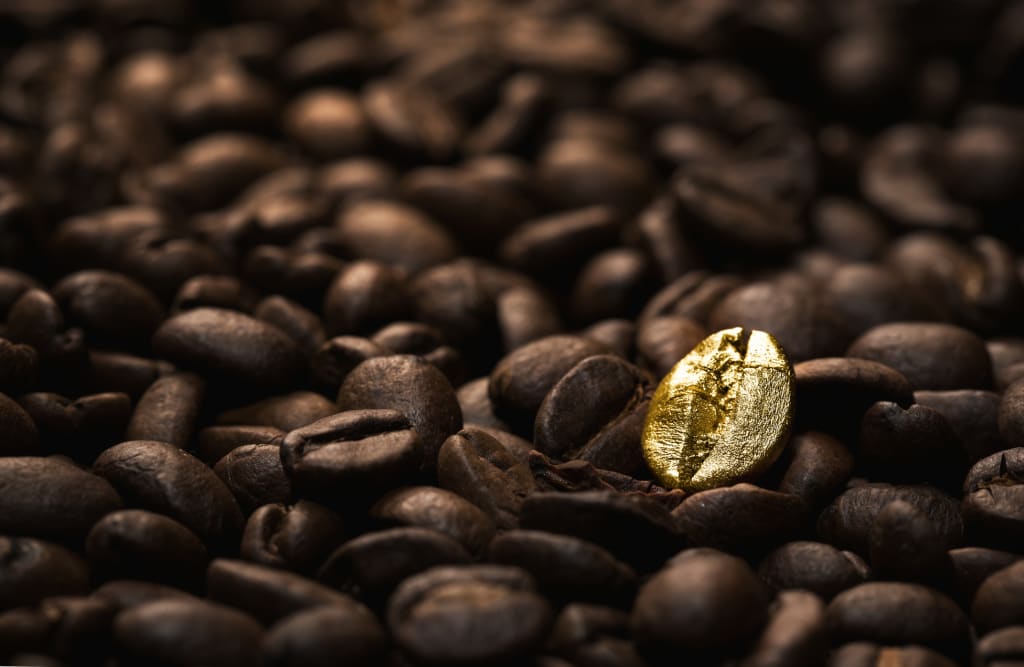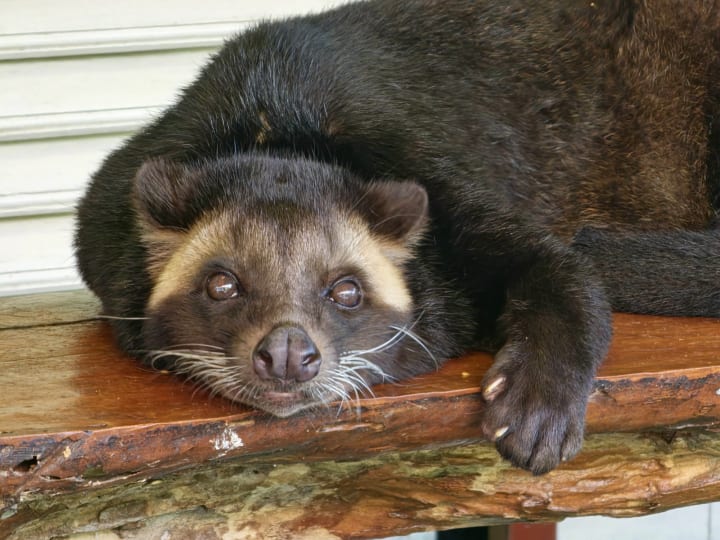The Opulence of Kopi Luwak: A Symbol of Luxury in America's Coffee Culture
The Controversial Journey of the World's Most Expensive Coffee

The production process of Kopi Luwak is as fascinating as the coffee itself. It begins with the Asian palm civet, which selects and consumes the ripest coffee cherries. The magic happens in the civet's digestive tract, where a natural fermentation process occurs. Enzymes in the civet's stomach break down proteins in the beans, reducing acidity and imparting a distinct flavor profile that is rich, with subtle notes of caramel and chocolate.
In the United States, a nation of coffee aficionados, the quest for the perfect cup often leads to exotic and luxurious choices, with Kopi Luwak standing at the pinnacle of this indulgence. This rare coffee, originating from the Indonesian archipelago, offers a unique journey into the world of luxury and tradition
After these cherries pass through the civet, the beans are collected, meticulously cleaned, and sun-dried. The final and crucial step is the roasting of the beans, which is done with utmost care to preserve and accentuate the unique flavors. This meticulous process contributes to the rarity and high price of Kopi Luwak.

In the U.S., where average daily coffee consumption exceeds three cups per person, there is a growing trend toward luxury and exclusivity in coffee drinking. Kopi Luwak aligns with this trend, symbolizing not just a beverage, but an experience that caters to the discerning tastes of American coffee connoisseurs. It represents the pinnacle of coffee culture, embodying luxury and refinement.
However, the allure of Kopi Luwak is not without controversy. Ethical concerns about the treatment of civets and environmental impacts have been raised. As a result, discerning consumers are encouraged to seek out Kopi Luwak from certified and ethical sources.
Tourism around coffee production has also seen a rise, with enthusiasts eager to experience the journey of luxury coffees like Kopi Luwak. These plantations offer a glimpse into the intricate processes behind some of the world's most expensive coffees, tying together the elements of adventure, exclusivity, and a deeper appreciation for the art of coffee making.
Kopi Luwak transcends being just a beverage; it embodies a luxurious experience that caters to the discerning tastes of American coffee connoisseurs. It represents not only the pinnacle of coffee's rich and diverse culture but also a symbol of the luxury lifestyle.
The allure of Kopi Luwak in the American market also speaks to a broader societal fascination with artisanal and crafted goods. As consumers become more educated about the origins of what they consume, the story behind Kopi Luwak resonates powerfully. It's not just about the taste—though many affirm that the coffee's smoothness and depth are unparalleled—it's about participating in a narrative that spans continents and cultures.
This narrative interweaves the history of Indonesian coffee cultivation, which dates back to the Dutch colonial period, with modern-day discussions about sustainability and ethical consumption. It's a tale that begins in the lush rainforests of Sumatra and ends in the chic urban coffee shops of New York and San Francisco.
Indeed, the journey from bean to cup is a remarkable one. The civet's role in this process has been the subject of much debate, prompting a movement towards ensuring the welfare of these creatures and the sustainability of coffee farming practices. Organizations have emerged that certify the ethical treatment of civets and the organic nature of the coffee beans, assuring consumers that their luxury does not come at the cost of the environment or animal welfare.
In elite coffee circles, sipping on Kopi Luwak is a statement—a confluence of taste, luxury, and conscientious consumerism. It's a modern expression of status that's about more than just wealth; it's about worldliness, sophistication, and a commitment to ethical indulgence.
In embracing Kopi Luwak, American consumers participate in a heritage that is steeped in tradition yet firmly rooted in the present. They are not just buying a cup of coffee; they are buying into a legacy that honors the past, acknowledges the complexity of the present, and savors the taste of the extraordinary.
Read more of my luxury foodie and travel musings online at Resident Magazine
About the Creator
joshua estrin, PhD
Pen to paper and no regrets.






Comments (1)
This article is fantastic—I appreciate its well-crafted and informative nature.